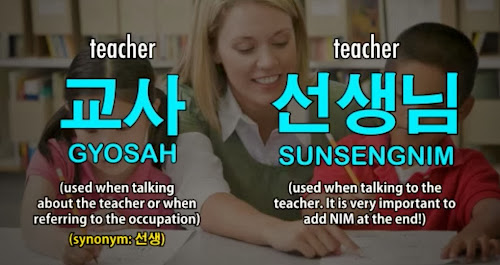Language continued…
Korean language is one of the 11 most spoken languages in the world. More people speak Korean than French as their first language.
Hangul – Korean alphabet – most simple and yet most sophisticated writing systems in the world. Indonesian community that had no system of writing adopted Hangul as their system.
3. Norms
They are expectation -tell you what to and what not to do. Rules guides and terms conduct.
Korean Norms
– use honorific
– take off shoes when enter a house
– child not pick up spoon before elder
– block air flow so don’t stand in doorways
– subordinates bow first and lower than superior
– subordinate shakes hands with two hands but does not offer it
– if subordinate offers hand they come across aggressive
– Koreans are called by the title not first name. Only same age friends call each other friends
The Korean language reflects the important observance of a speaker or writer’s relationships with both the subject of the sentence and the audience. Korean grammar uses an extensive system of honorifics to reflect the speaker’s relationship to the subject of the sentence and speech levels to reflect the speaker’s relationship to the audience. Originally, the honorifics expressed the differences in social status between speakers. In contemporary Korean culture, honorifics are used to differentiate between formal and informal speech based on the level of familiarity between the speaker and the listener. (Wikipedia)
– married couples call each other titles
– people are always called the highest title they have ever held
– do not use red ink when writing a persons name because it welcomes bad luck
– don’t fill your own glass fill the glass of others
– turn sideways when drinking alcohol with older person
– blow your nose away from others
– never put utensils or chopsticks sticking up in food bowl because that’s what you do during ancestor offering
– don’t point at children you are welcoming evil spirits





